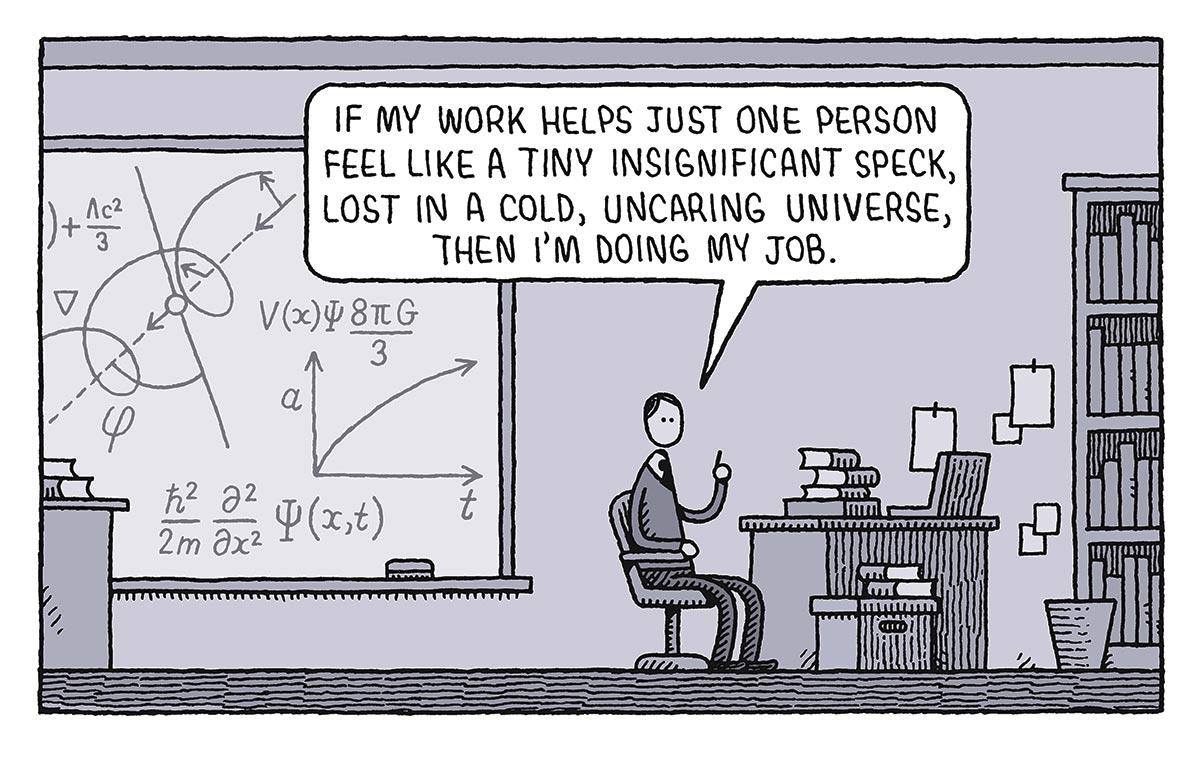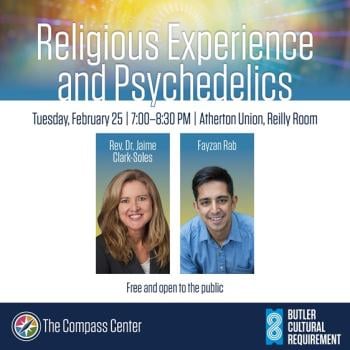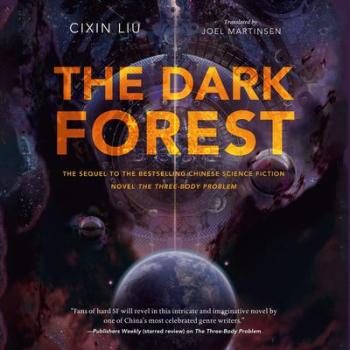Science is not about amassing evidence to prove a point. That’s what lawyers do. That’s what advocates do, and scientists are not supposed to be advocates. One can always find evidence for or against anything…
Evidence is cheap. You can find evidence to support or refute any statement. Evidence is not the way to establish the truth. Evidence is important, but by itself is useless. Now I can hear the computer keys clicking away. “SCIENCE IS BASED ON EVIDENCE. YOU ARE ANTI-SCIENCE!!”
Actually, that is a common misconception. Science is not based on what you might call evidence. Scientists are not juries. They do not reach a conclusion about truth by hearing arguments from many sides, and weighing the evidence. The scientific process is quite different from what people generally think. For most tough scientific questions, where there is evidence pointing to different answers, scientists will usually say “We don’t know yet. I favor this answer, but it could be the other one.” Eventually, as more data comes in, one answer becomes obviously correct to everyone (sometimes with exceptions). That can take years or decades.
Experimental science is not set up to answer big questions, but very small ones. No scientist goes into a lab ready to prove that evolution is true or false or to cure cancer, or to learn how life began. No experiment or observation could do that. What they do is set up an experiment to measure the enzymatic activity of an extract of one species of yeast cells by determining the rate of disappearance of a particular metabolite labelled with radioactive phosphate. And 9 times out of 10, the experiment doesn’t work: the controls show the wrong values, the replicates give wildly different answers, nothing makes sense. After several months, usable data finally comes out. It’s usually not very impressive or interesting. The measured enzymatic activity is pretty much zero, which means either that this yeast species doesn’t degrade the metabolite, or the extract didn’t have the enzyme in it, or there is no such enzyme, or who the hell knows. That is what really happens in science labs, folks.
Sometimes we get lucky and we make a real finding. Something that can be published. Something that might mean something interesting. But proof? Truth? Sorry, no. At best we have an experimental result or an observation that is factually true (because we did the experiment according to the rules). But that fact by itself could mean any number of things. Scientifically defined evidence for a hypothesis, especially for a major important hypothesis, comes very slowly and from many different approaches…
Click through to read the rest, and to find out what it has to do with Paul McCartney…
Of related interest, let me share a cartoon from Tom Gauld which appeared in New Scientist, reflecting another misperception about science:

And related to that, let me share two online articles of potential interest, one from BioLogos about science driving one away from or leading one back to faith – or both; the other from Nautilus about neurotheology.













